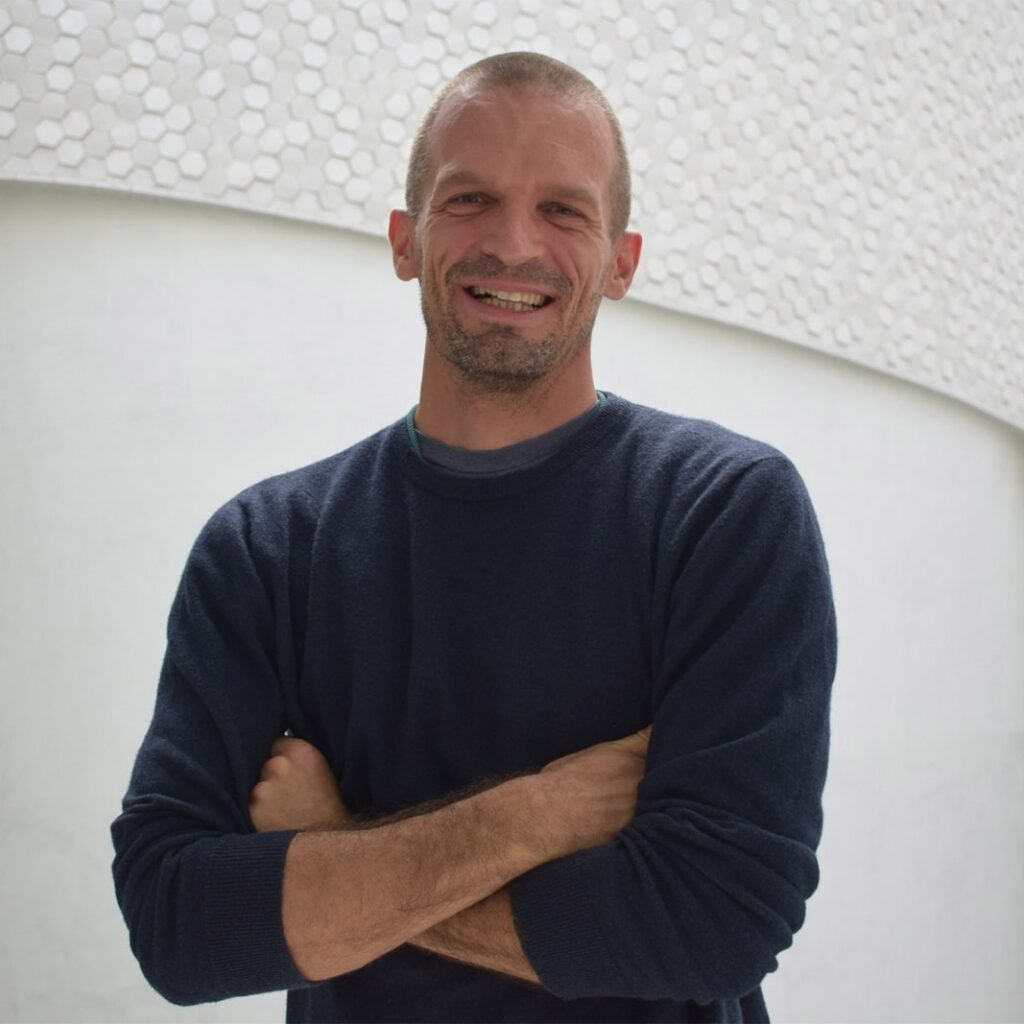

Researcher
My research is involved in a conservation biology framework. I work mostly at the infra-specific level and at the interaction between ecology and evolutionary biology. I study marine habitat-forming species impacted by global change, with a focus on temperate corals struggling with anthropogenic climate change. I combine population genetics/genomics and ecology (field surveys, experiments) to address different topics, from recolonization history (Ledoux et al. 2018; 2021) to population biology (Ledoux et al. 2020; Gazulla et al. 2021), species delimitation (Coelho et al. 2023) and functioning of marine protected areas (Horaud et al. 2023).










